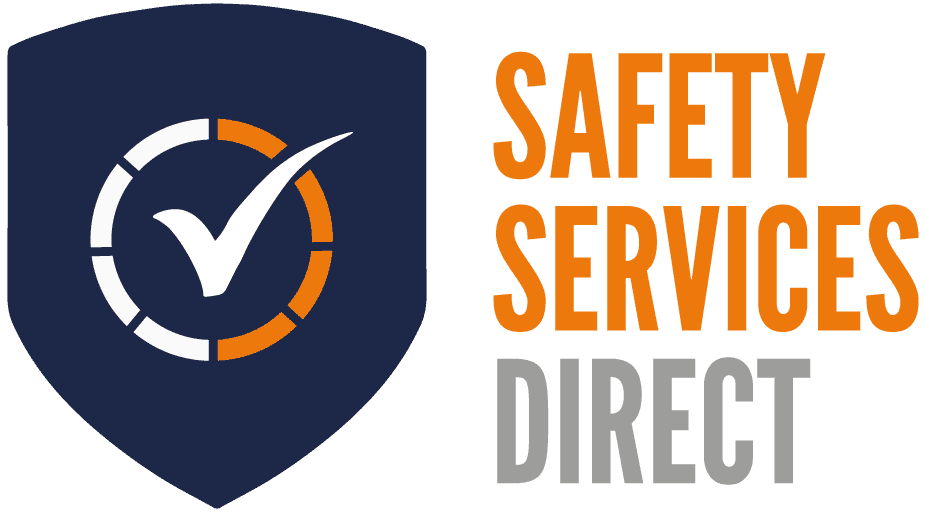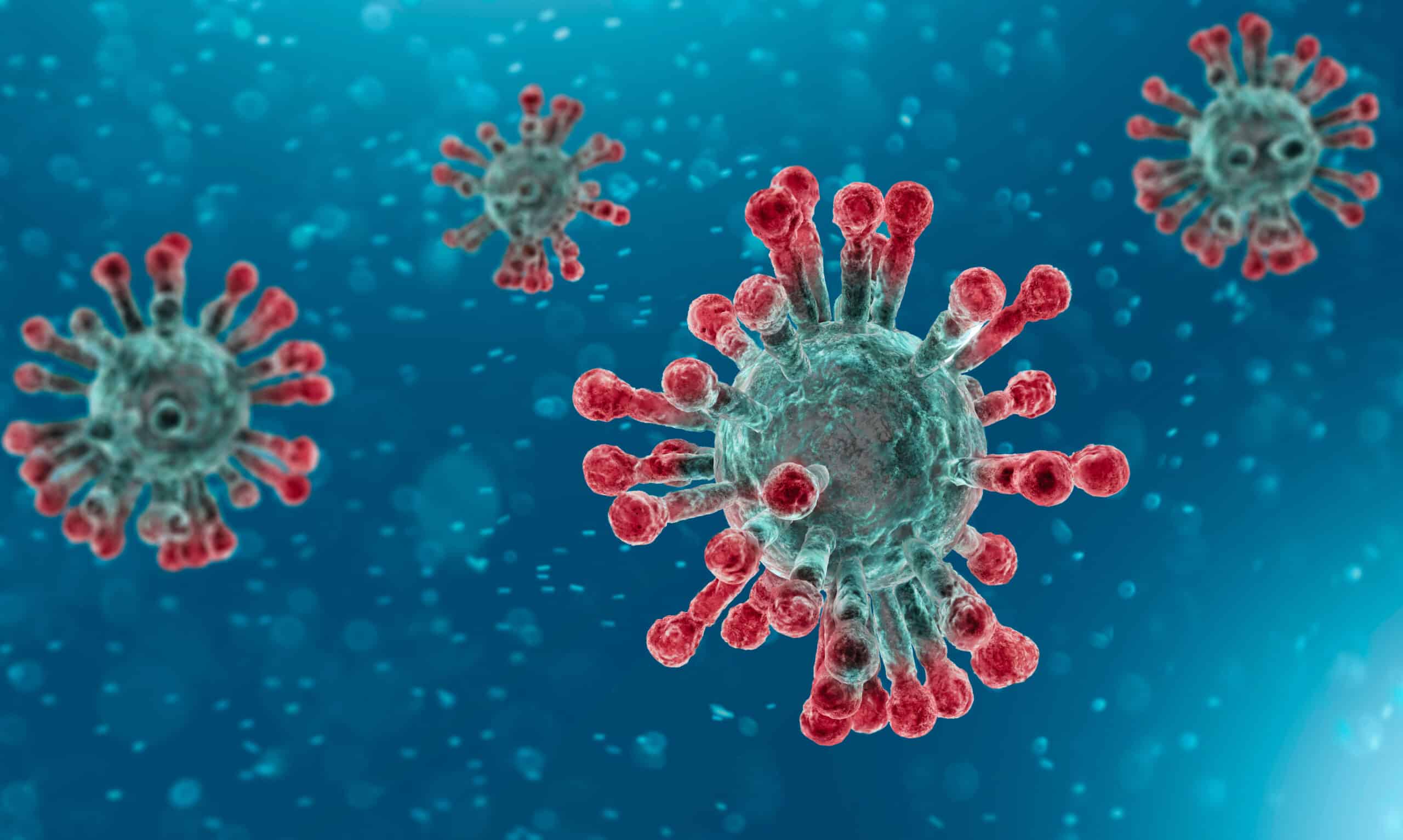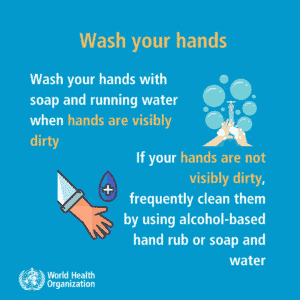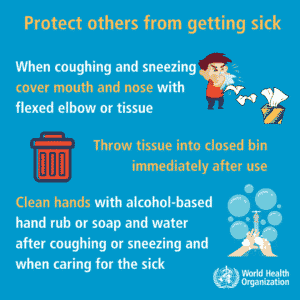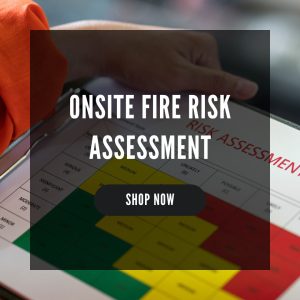The latest Coronavirus (2019-nCoV) was first reported on 31st December. Originating in China, it has since spread to other countries, with nine people in the UK testing positive for the illness. Unfortunately, there is no vaccine or medication to protect us; however, they are currently being developed.
UK individuals who are most likely to contract the virus are those whose family members already have it and healthcare workers supporting those who have tested positive.
The World Health Organisation has collated advice on how to prevent the spread of the virus, protecting yourself and those around you.
Coronavirus and the UK
Information regarding confirmed cases and the number of people within the UK being tested for the Coronavirus is published every day at 2pm and will continue for the foreseeable future.
As of the 23rd February:
- 6,324 people had been tested
- 6,315 people had tested negatively
- Nine people had tested positively
Even though the World Health Organisation has declared a ‘public health emergency of international concern’ and the risk to the public has been elevated from low to moderate by the UK Chief Medical Officers, the risk to individual people remains low.
How Is The 2019-nCov Affecting People?
This video published by the World Health Organisation (WHO) offers a fantastic, trustworthy explanation of not just the latest Coronavirus, but of historic coronaviruses.
Coronavirus Transmission
The latest information from the WHO confirms that 2019-nCoV is a respiratory virus. It is spread through contact with an individual who is infected primarily; however, it can also be transmitted through respiratory droplets – such as sneezes, coughs, saliva droplets or discharge from the nose.
It is essential that everyone practices good respiratory hygiene, not just during the outbreak but at all times to prevent the transmission of viruses in general.
Coronavirus Infection Symptoms
If you experience the following symptoms, you should seek medical assistance as early as possible:
- Fever
- Cough
- Difficulty breathing
If you, or someone you have been in close proximity to, has recently travelled to China; disclose this to the medical professional you speak with.
It is recommended that you stay out of close contact with anyone showing symptoms of fever or cough until they have recovered.
How To Protect Yourself Against Coronavirus
Washing Your Hands
The first piece of information offered by the World Health Organisation is to clean your hands frequently. They advise that you do this with the use of alcohol-based hand sanitizers in addition to washing your hands with soap and water. You should bear in mind that you must wash your hands over using hand sanitizer if they are visibly greasy or dirty and it is still advised that you wash your hands as soon as possible.
The World Health Organization recommends that you wash your hands:
- If you have coughed or sneezed (particularly if you covered your mouth and nose with your hand)
- If you are caring for someone who is ill
- Before, during and after the preparation of food
- Following toileting
- If your hands are visibly dirty
- Following the handling of animals or their waste
Especially during an outbreak like the Coronavirus, it is essential that all buildings that service the public, handle animals and the medical and hospitality industry invest in clear signage reminding all staff, employees and customers to wash their hands often.
Coughing or Sneezing
If you cough or sneeze, the WHO recommends that you either use your hands to ‘catch’ the bacteria, use a ‘flexed elbow’ or a tissue. If using a tissue, dispose of this straight after use into a closed bin and wash your hands as soon as possible. Always wash your hands straight away if you have ‘caught’ the sneeze or cough.
By following these simple guidelines, you can help to keep yourself and those around you safe from a variety of viruses, including the Coronavirus. It is important to remember that while the World Health Organisation has made a declaration that this virus is of international concern, the risk to people in the UK is low.
